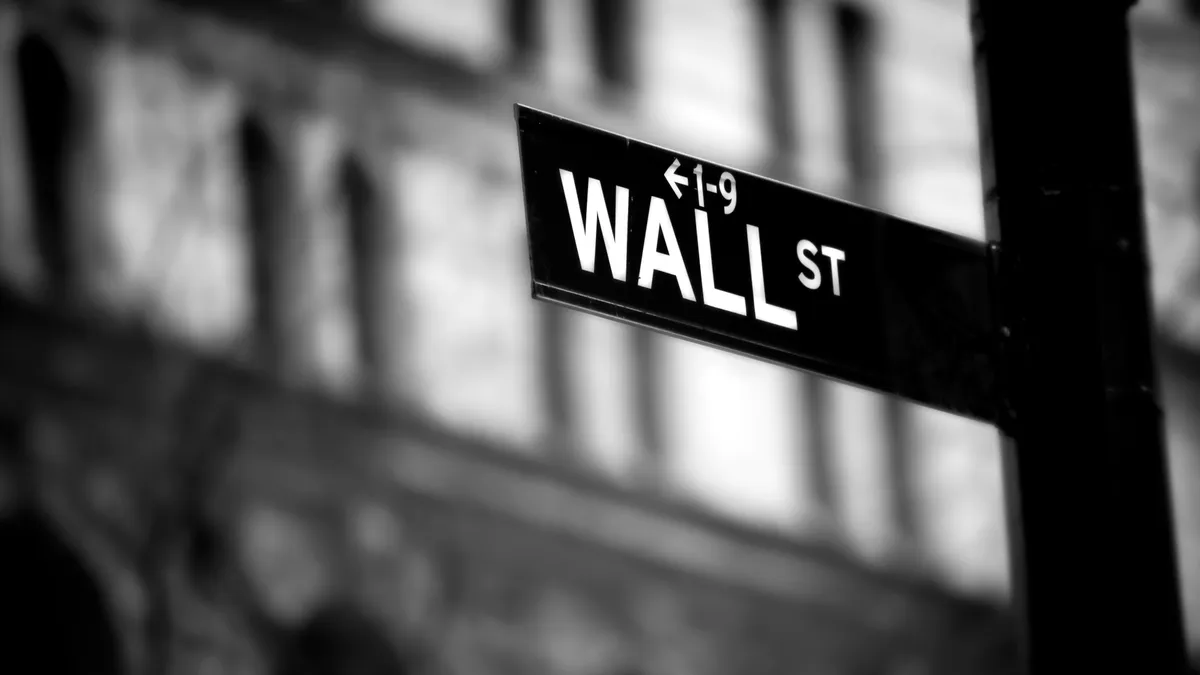Dive Brief:
- Becton Dickinson on Tuesday posted a 39% increase in fourth-quarter revenue to $4.4 billion, compared with a year ago, bolstered by its late 2017 acquisition of C.R. Bard. It missed Wall Street estimates on an earnings-per-share basis, amid headwinds from tariffs and other factors.
- On a comparable, currency-neutral basis including C. R. Bard revenue in both periods, fourth-quarter revenue rose 8.4%.
- The company posted a net loss in the quarter of 64 cents per share, compared with a year-ago profit of $1.24, due to expenses related to acquisitions and the new U.S. tax legislation. The medical products maker said adjusted earnings per share were $2.93, up 22.1% from $2.40 a year ago.
Dive Insight:
Franklin Lakes, N.J.-based Becton Dickinson has remade itself in recent years to focus on higher-growth areas within the medical technology sector. In 2015 it acquired CareFusion, expanding its medication management and patient safety businesses, and last year it spent $24 billion to buy C.R. Bard. In September, Becton Dickinson announced the sale of its advanced bioprocessing business to Thermo Fisher Scientific.
The company said it expects fiscal 2019 revenue to rise 8.5% to 9.5% as reported, or 5% to 6% on a comparable, currency-neutral basis. Adjusted 2019 earnings are projected between $12.05 and $12.15 per share, up 13% to 14% excluding currency impact.
On the earnings conference call, executives touted $350 million in revenue cost synergies last year from the CareFusion acquisition, which helped to offset macroeconomic challenges that included tariff impacts and higher raw material costs, specifically in the supply-constrained market for resin.
The Bard acquisition has expanded the company's portfolio of vascular access products, giving physicians a broader selection of catheters to help reduce surgical complications, improve patient safety and outcomes, and reduce costs, Becton executives said. The integration of the acquisition and expected cost synergies from it are on track, they added, and they announced a $250 million annual synergies target for the deal by fiscal 2022.
"The combination of BD and Bard has significantly accelerated our strategy and has already delivered measurable results," Becton Dickinson Chief Executive Vincent Forlenza said on the call.
Leerink Research analyst Richard Newitter, in a note to clients, said Becton Dickinson posted solid fourth-quarter revenue but missed expectations on margins. He also characterized the company’s 2019 outlook as conservative.
The company posted an adjusted fourth-quarter operating margin of 25.3%.
Becton Dickinson officials said the company plans to pay down $1.2 billion in debt this year and is at 3.9 times gross leverage, working toward a goal of being below 3 times leverage in three years. It also plans a number of product launches in 2019, including a patch pump for Type 2 diabetes patients and a new drug-coated balloon for below-the-knee arterial treatment.










